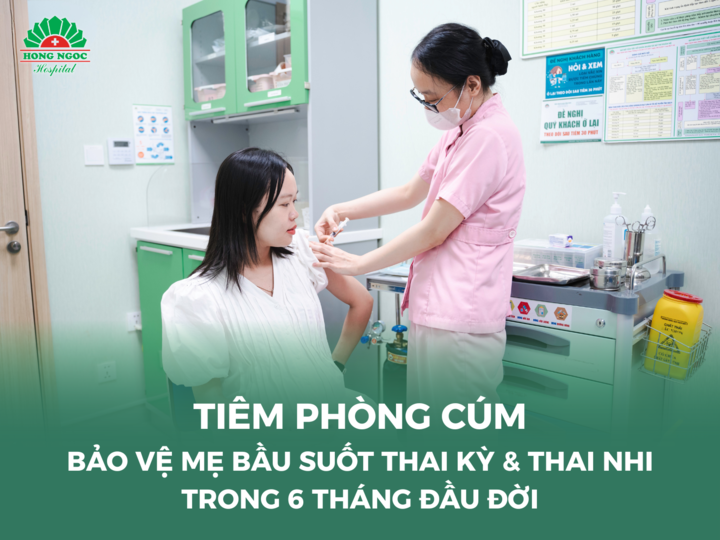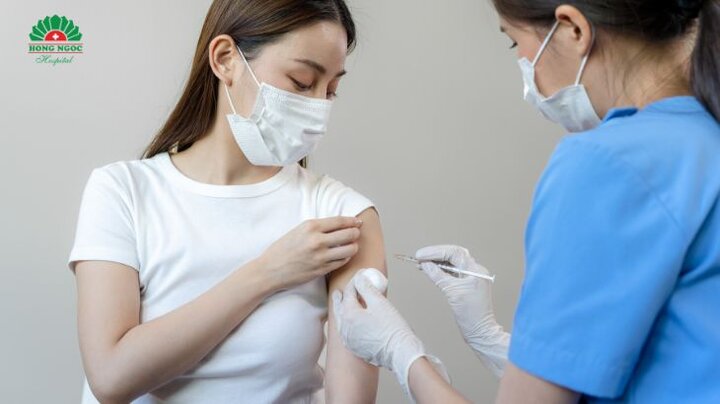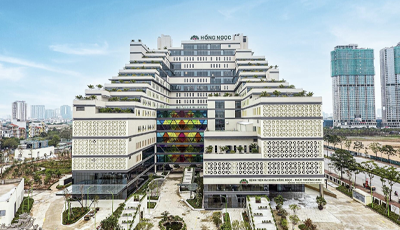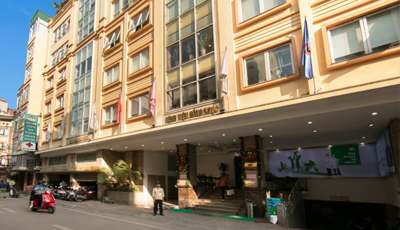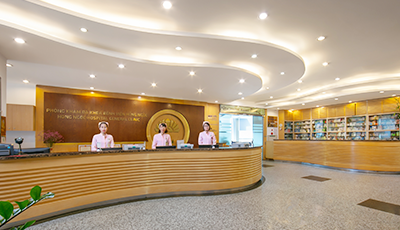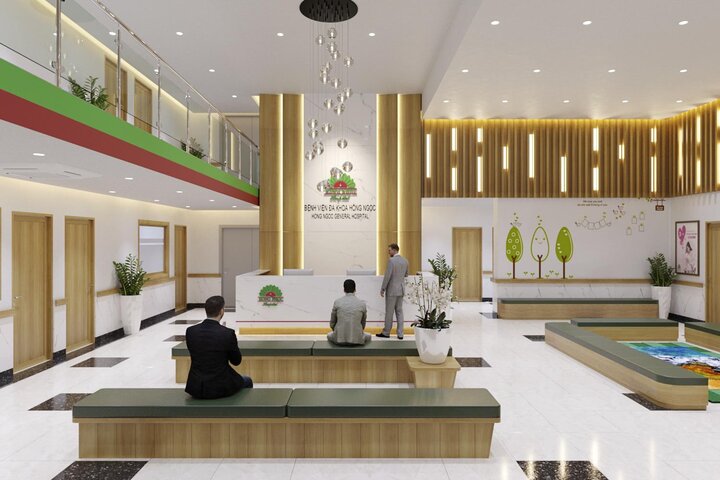Each year, more than 2.5 billion people worldwide are at risk of dengue virus infection, with approximately 100 million confirmed cases. Dengue vaccination has therefore become a growing public health priority in many countries, especially during peak outbreak seasons. So, why should you get vaccinated against dengue? How many doses are needed to provide effective protection for your body? Let’s find out the answers in the article below!
Is dengue fever dangerous?
Each year, around 100 million people contract dengue fever, with more than 10% of cases resulting in death — a figure that demonstrates the alarming severity of this disease worldwide. In Vietnam alone, by September 2022, there were 224,771 reported cases and 92 deaths caused by dengue.
Dengue fever is an infectious disease caused by the dengue virus (with four serotypes: DEN-1, DEN-2, DEN-3, and DEN-4), transmitted by the Aedes mosquito, which thrives in humid, rainy environments. This disease remains a major public health concern in many countries and regions, including the United States, China, Brazil, and Southeast Asia.
Common symptoms include high fever, severe headache, muscle and joint pain, eye pain, sore throat, and skin rash. Depending on the severity and the patient’s overall health, dengue can lead to life-threatening complications.
Currently, there is no specific antiviral treatment for dengue. Therefore, mosquito control and vaccination are considered the most effective measures to prevent and combat this dangerous disease. Moreover, because there are four different serotypes of the virus, people who have previously been infected can still be reinfected with another strain. Alarmingly, medical research shows that subsequent infections are often more severe and carry a higher risk of complications compared to the first infection.
What is the dengue vaccine?
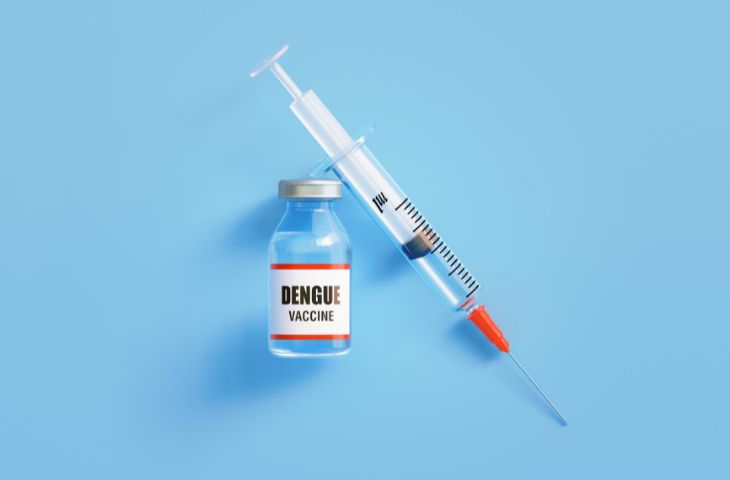
The vaccine is designed to stimulate the immune system to produce protective antibodies, helping the body actively defend itself against the dengue virus. There are two main types of dengue vaccines:
- Inactivated or attenuated vaccines: produced by either killing the dengue virus or reducing its virulence so it cannot cause disease.
- Vector-based vaccines: created by inserting dengue virus genes into another harmless virus, which then stimulates the immune system to generate protective antibodies.
Both types of vaccines are effective in helping the immune system build defenses against all four dengue virus serotypes, thereby reducing the risk of severe illness and dangerous complications.
For consultation and comprehensive vaccination packages, please contact our hotline 0949 416 006 or fill out the registration form HERE.
How many types of dengue vaccines are available?
Currently, two dengue vaccines have been approved and are in use in more than 30 countries worldwide: Dengvaxia (CYD-TDV) and QDENGA. However, due to regulatory conditions and efficacy considerations, neither vaccine has yet been introduced in Vietnam.
QDENGA vaccine
- Developed by Takeda Pharmaceutical Company (Japan).
- Approved by the World Health Organization (WHO) in 2016 and widely used in many countries across the Asia–Pacific region.
- Produced using a live-attenuated virus approach. The vaccine is primarily based on the DEN-2 strain, with genetic components of DEN-1, DEN-3, and DEN-4 added.
- This design allows QDENGA to provide broad immune protection against all four dengue virus serotypes.
Dengvaxia (CYD-TDV) vaccine
- Manufactured by Sanofi Pasteur (France).
- First licensed in December 2015 in Mexico, and later approved by the U.S. Food and Drug Administration (FDA) in May 2019.
- Currently used mainly in certain regions of the United States and Latin America.
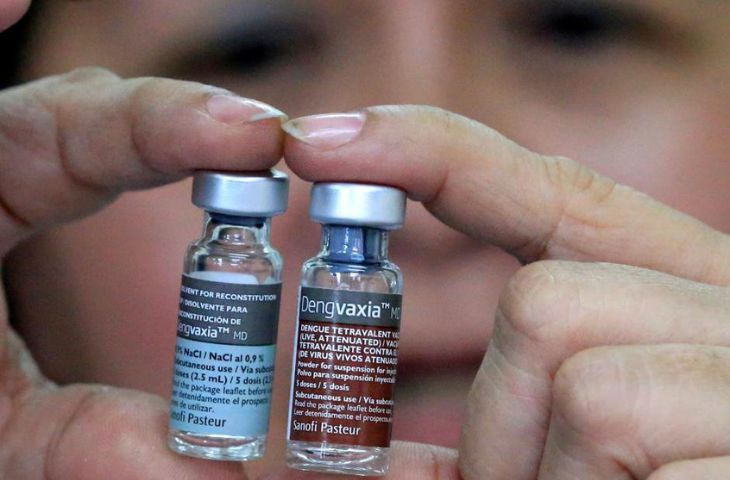
Dengvaxia is essentially a vector vaccine, which uses a non-pathogenic virus to carry and deliver genes from the dengue virus. When the vaccine is injected into the body, these dengue viral genes stimulate the immune system to produce antibodies against the virus.
What are the benefits of dengue vaccination?
Dengue vaccination works by stimulating the body’s immune system to produce antibodies against the dengue virus. If a vaccinated individual is later exposed to the virus, the immune system can recognize and eliminate it quickly, thereby preventing the onset of dengue fever.
In 2011, the Pasteur Institute conducted a study on 2,336 children aged 4–14 years in Long Xuyen City (An Giang Province) and My Tho City (Tien Giang Province). Completed in 2017, the study showed that the vaccine was effective particularly in children over 9 years of age who had previously contracted dengue.
To date, vaccination is considered the most effective preventive strategy against dengue fever. The Aedes mosquito has a long lifespan and reproduces rapidly in rainy environments. By completing the full vaccination schedule, individuals can significantly reduce their risk of contracting dengue when bitten by infected mosquitoes. In addition, widespread vaccination helps lower transmission rates within the community, contributing to outbreak control.
It should be noted, however, that vaccination does not guarantee 100% protection. A vaccinated person may still contract dengue, but the risk of severe disease and dangerous complications is greatly reduced.
Reader may also be interested in:
- Just one flu vaccine shot: Protects mothers throughout pregnancy and their babies during the first six months of life
- Which Rota vaccine is better? Important notes for parents
- What diseases does the 5-in-1 vaccine prevent and what is the vaccination schedule?
How many doses of dengue vaccine are needed? How long does protection last?
The number of doses and the duration of protection vary depending on the type of vaccine:
- Dengvaxia (CYD-TDV): the recommended schedule is 3 doses within 12 months, with each dose given 6 months apart. The exact regimen and effectiveness may differ depending on age, health status, physician’s recommendation, and local epidemiological situation.
- QDENGA: the recommended schedule is 2 doses, spaced 3–6 months apart. Once both doses are completed, the vaccine can provide protection for approximately 5 years. However, the exact schedule may also be adjusted based on medical advice and regional outbreak conditions.
At present, there is no definitive scientific consensus on the precise duration of dengue vaccine protection. According to the U.S. Centers for Disease Control and Prevention (CDC), dengue vaccination is expected to reduce the risk of infection for at least 6 years.
Who should and should not receive the dengue vaccine
Who should and should not receive the dengue vaccine
According to the recommendations of the World Health Organization (WHO) and the U.S. Centers for Disease Control and Prevention (CDC), dengue vaccination is advised for children between 9 and 16 years of age. Importantly, vaccination should only be administered to those who have previously had dengue infection and are currently living in areas with a high risk of disease transmission.
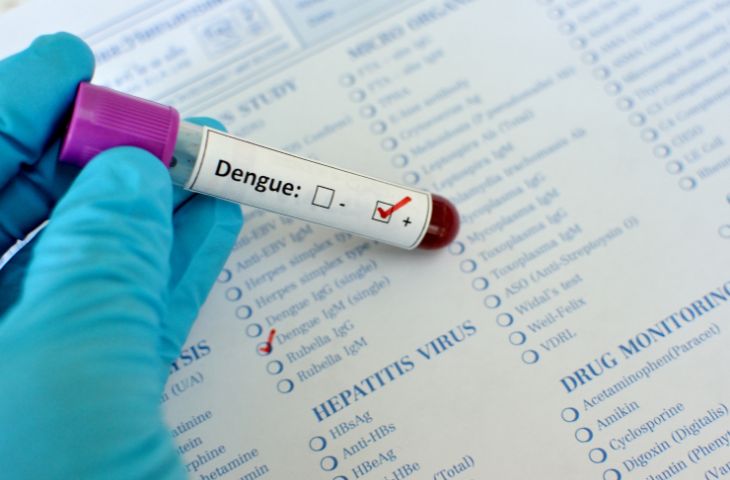
In addition to children, the following groups should also be considered for dengue vaccination:
- Individuals living in or traveling to areas with a high risk of dengue infection, particularly tropical and subtropical regions such as Asia, Africa, and Latin America
- People working in environments with exposure to medical waste or those living near dengue outbreak zones
- Individuals with a history of hematologic disorders, liver or kidney diseases, or immune-related conditions However, before deciding on vaccination, each individual should consult a physician to determine whether the vaccine is appropriate for their health status.
Groups contraindicated for dengue vaccination:
- Do not administer the dengue vaccine to children under 9 years of age or those who have never had dengue
- Do not administer to individuals who have previously experienced severe reactions to the dengue vaccine
- Do not administer to individuals with active fever or to children with compromised immune systems
Side effects after dengue vaccination
In countries where dengue vaccination has been authorized, post-vaccination side effects are generally mild. In individuals who have previously had dengue, common reactions include localized pain at the injection site, headache, muscle aches, and fatigue. These symptoms usually subside once the body produces sufficient antibodies to fight off the attenuated virus contained in the vaccine.
In individuals who have never had dengue, vaccination may mimic a dengue-like episode and cause more discomfort. A small number of people may develop severe allergic reactions such as vomiting, high fever with seizures, or rash. If these symptoms occur, it is essential to seek immediate medical care at the nearest healthcare facility to prevent dangerous complications.
CONTACT INFORMATION
Hong Ngoc General Hospital
- Hotline: 0949 416 006 – 0947 616 006 – 0911 858 616
- Tel: (84-24) 3927 5568 ext *3036 – *3388 – *2244
- Follow us on fanpage: Hong Ngoc General Hospital




